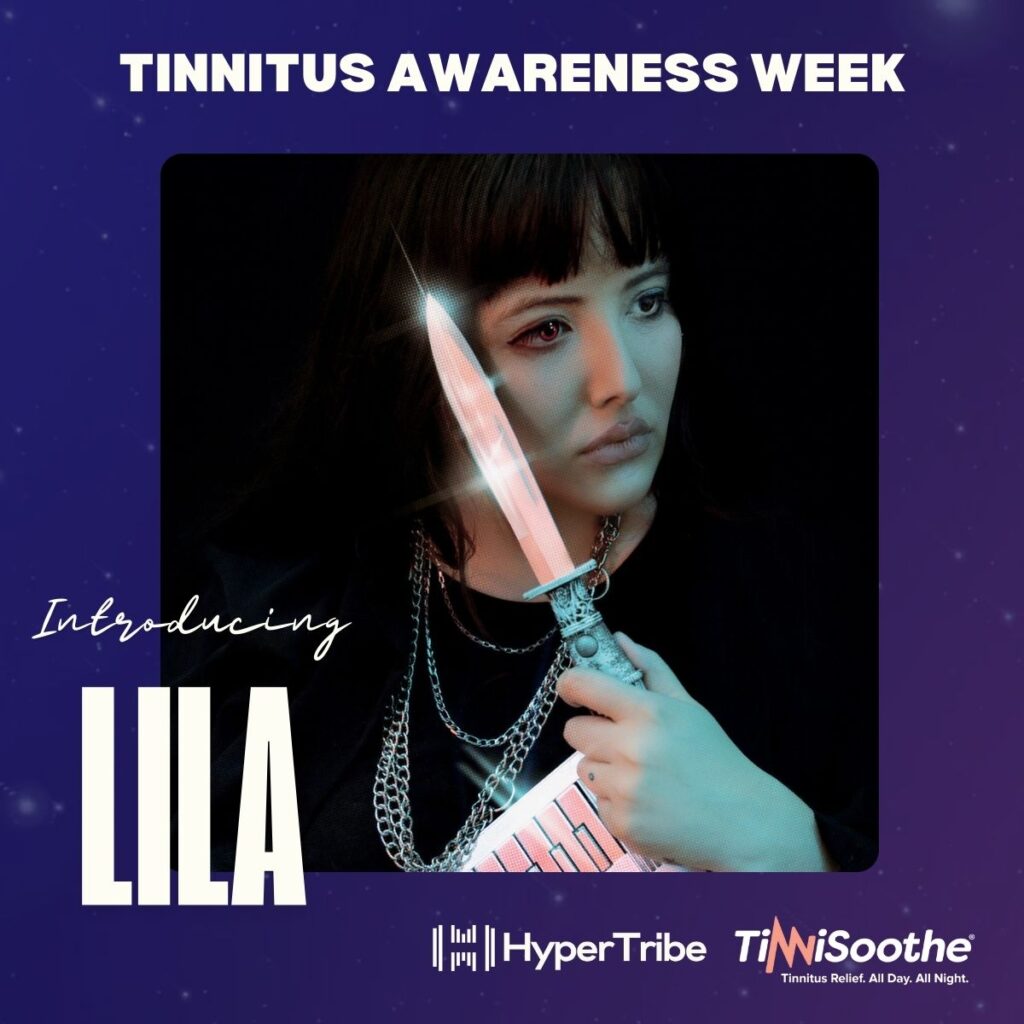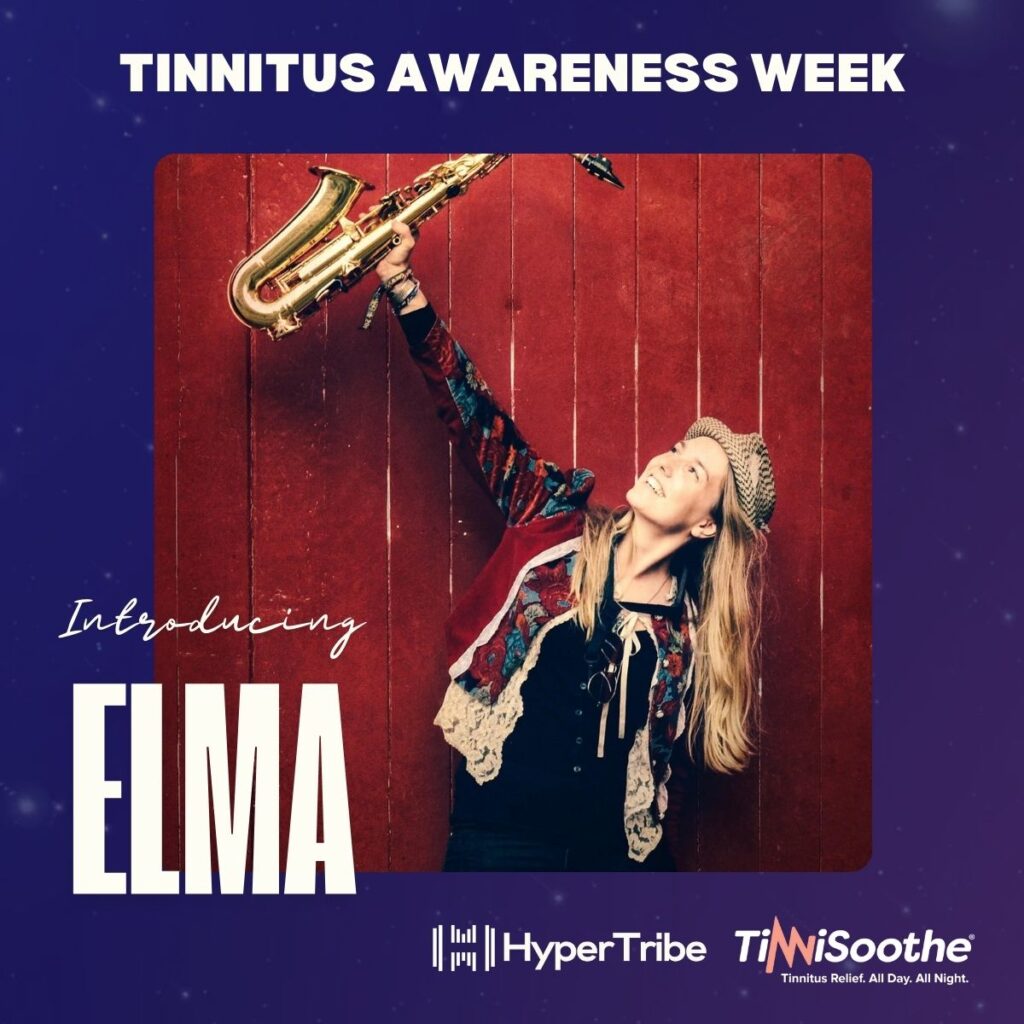Understanding the Importance of Music Collaboration
The Benefits of Collaborating in Music
In the ever-changing landscape of music, cooperation is not just a tactic but also a necessary component for development and creativity. Knowing the value of music cooperation will open doors to creativity, networking, and success regardless of your level of experience as a musician or just beginning your musical path.

How Collaboration Enhances Creativity
Cooperation gathers several points of view, abilities, and knowledge. When musicians collaborate, their skills mix to produce creative and surprising musical works. Richer and more sophisticated music than what a single musician could provide usually comes from this synergy.
Building a Strong Network through Collaboration
Dealing with other artists increases your professional network. Working together, you meet like-minded people who also like music. Prospects include performances, recording sessions, and even long-term alliances that might result from these relationships.
Effective Communication in Music Collaboration
Establishing Clear Goals and Expectations
Effective teamwork is based mostly on communication. Crucially, you must be able to effectively state your thoughts and pay attention to the comments of others. Good communication guarantees that everyone agrees, therefore lowering misunderstandings and promoting a harmonic working relationship.
To effectively establish clear goals and expectations, consider the following:
- Define the project scope: Clearly state the goals you want to accomplish working with others. This covers the genre, style, and project’s general vision as well as
- Communicate openly: Continue open lines of contact all through the process. Invite every team member to openly provide ideas and comments.
- Set realistic deadlines: Decide on reasonable timelines for all the engaged parties. This guarantees prompt completion and allows the project to remain on schedule.
Active Listening and Constructive Feedback
Good cooperation depends critically on active listening and constructive criticism. To create a nonjudging, encouraging environment:
- Support: Create a supportive and non-judgmental environment where everyone feels comfortable sharing their ideas.
- Exercise empathy: Try to value and comprehend the points of view of your associates. This develops a cooperative attitude and confidence.
- Be explicit: When offering comments, be clear about what may be improved and what works well. This increases the utility and actionability of your comments.
- Respectful: Always provide comments politely. This guarantees a pleasant and constructive reception of your remarks.
Remember, active listening and constructive feedback are key to fostering a collaborative and productive music environment.
Utilizing Technology for Seamless Communication
In today’s digital age, technology plays a crucial role in facilitating seamless communication among music collaborators. Utilizing technology allows for real-time communication, regardless of geographical barriers, enabling musicians to collaborate with ease. With the help of various communication tools and platforms, such as video conferencing, instant messaging, and file-sharing services, musicians can connect and share ideas effortlessly. This not only enhances productivity but also fosters a sense of global collaboration as artists from different parts of the world can come together to create music.
Creating a Collaborative Music Environment
Fostering Trust and Respect among Collaborators
Technology has transformed group projects in music. Remote collaboration is made possible for musicians by tools like cloud storage, digital audio workstations (DAWs), and communication applications. By use of these technologies, the cooperation process may be simplified and the sharing of ideas, thoughts, and comments in real-time simpler.
Promoting a Collaborative Mindset
Any good team starts with trust and respect. Encourage a cooperative approach by:

- Goal of the project: Make sure every team member reflects the goal of the project. This fosters cohesiveness and goal direction.
- Shared Vision: Clearly define the goals and objectives of the collaboration. This will help align everyone’s efforts towards a common purpose.
- Effective Communication: Keep honest and open lines of contact all through the project. Take quick care of any problems or worries to avoid misunderstandings.
- Flexibility and Adaptability: As the project develops be open to change and ready to adjust. Flexibility guarantees everyone feels valuable and lets one explore creatively.
By promoting a collaborative mindset, you can harness the collective creativity and expertise of your music collaborators, resulting in innovative and impactful music projects.
Encouraging Open and Honest Communication
Make the surroundings where everyone feels free to provide ideas and opinions.
- Respect Every Other’s Efforts: Value the particular contributions made by every team member. This improves working conditions and raises morale.
- Honour Achievements Group-wide: Honour team achievements and accomplishments. This strengthens the cooperative attitude and inspires everyone to keep on working together.
- Clear objectives: good communication and a cooperative atmosphere help you to fully realize your musical ideas. All set to bring your music forward? Start working with other musicians right now to see the wonders of group creation.
Managing Conflict in Music Collaboration
Identifying and Addressing Conflict
Inevitably, conflicts arise when people work collaboratively but those conflicts can be nipped at early stages. Here are some steps to identify and address conflict:
- Open Communication: Let members voice their concerns openly without fear.
- Listen Actively: Take time to understand each other’s point of view without interruption.
- Determine The Cause: To handle a conflict effectively, find out what caused it.
Negotiation and Compromise in Collaborative Settings
Negotiating and compromising are important in resolving conflicts and making sure everyone’s needs are met. How do we achieve this?
- Focus on Interests, Not Positions: Consider the underlying motivations of each member involved.
- Seek Win-Win Solutions: Outcomes should be designed so they serve all parties involved.
- Be Flexible: Be prepared to change tack if new information or perspectives require it.
Seeking Mediation and Resolution
Whenever there is no internal resolution of conflicts, external mediation can be pursued.
- Use a Mediator: A middleman who is not on either of the conflicting sides can foster conversations and offer unbiased solutions.
- Establish Rules: Make sure that the mediation is respectful and productive through establishing rules.
- Write Down Resolutions: Recording these decisions helps to ensure everyone involved in them agrees with the outcomes.
Setting Clear Deadlines and Milestones
Musicians must work together for the best results, although it is not always easy. Conflict management and project management are critical to successful partnerships. Some proven strategies that will assist you in reaching your music collaboration goals.
To effectively set clear deadlines and milestones, consider the following:
- Define specific tasks and deliverables: Clear deadlines and milestones define effective project management.
- Assign responsibilities: Give some assignments to members based on their strengths and expertise areas. People should understand who should do what to avoid a mix-up between multiple roles as well as responsibilities.
- Establish realistic timelines: Fixing realistic timings for each task and milestone is important here. One should set timelines that are doable to sustain the enthusiasm so far put into work.
Delegating Tasks and Responsibilities
Efficient designation is key to a smooth collaboration. Consider the taking after tips:
- Match Abilities to Assignments: Allot assignments based on each member’s aptitudes and experiences.
- Provide Clear Enlightening: Guarantee everybody gets their parts and expectations.
- Monitor Responsibility: Routinely check-in in advance to guarantee assignments are being completed.
Tracking Progress and Adjusting Plans
Keeping track of advance and being adaptable with plans can offer assistance you remaining on course.
- Use Extend Administration Apparatuses: Stages like Trello, Asana, or Slack can offer assistance track advance and communicating effectively.
- Regular Check-Ins: Plan customary gatherings to examine in advance and address any issues.
- Adjust Plans as Required: Be arranged to change timelines and duties based on advance and unexpected challenges.
Conclusion
Effective music collaboration requires a mix of strife administration and extended administration methodologies. By tending to clashes early, arranging compromises, and utilizing compelling extended administration methods, you can guarantee a profitable and agreeable collaboration. Keep in mind, that clear communication, characterized parts, and adaptability are key to a fruitful partnership.
Ready to take your music collaboration to another level? Execute these procedures and observe your ventures flourish. Cheerful collaborating!



